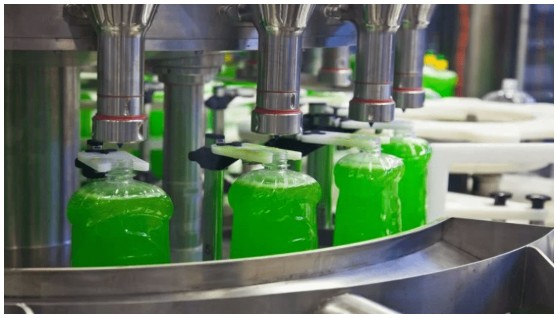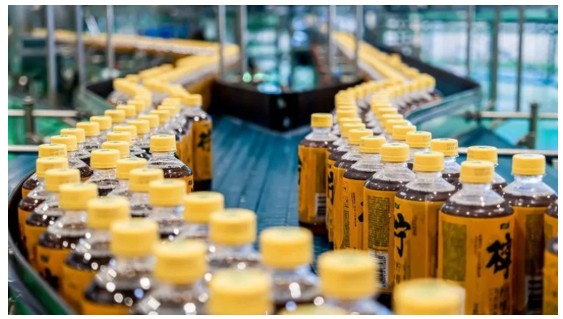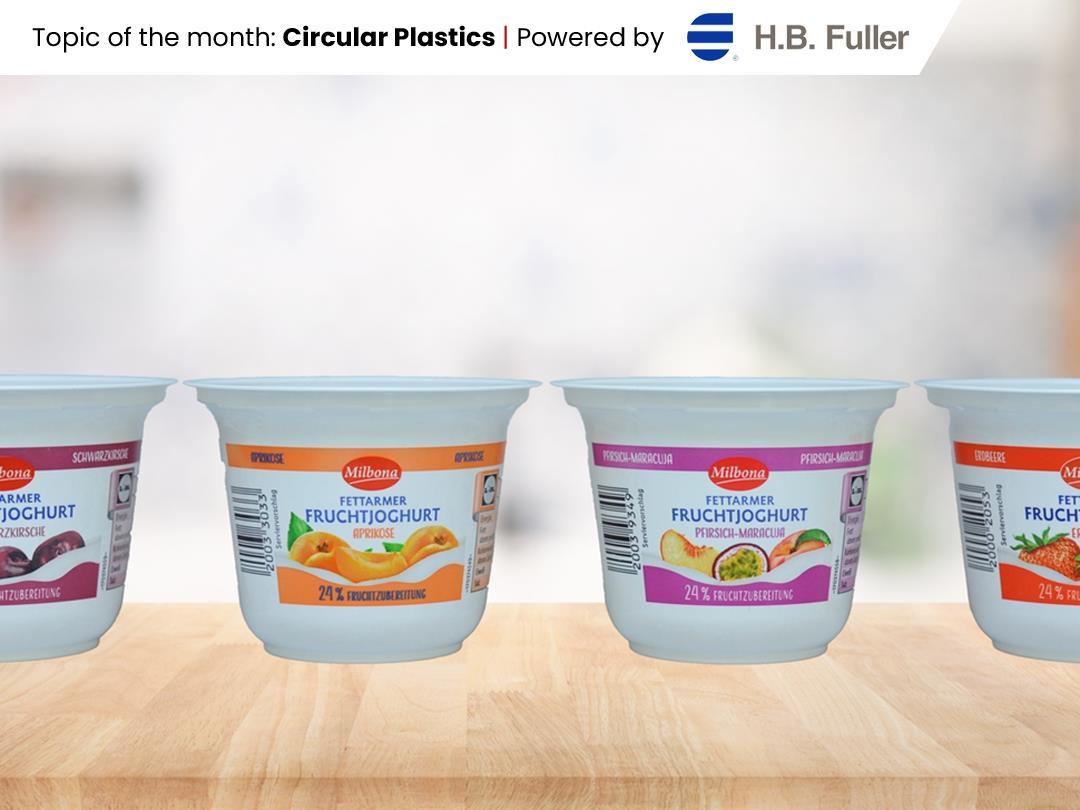In the world of corporate accountability, the repercussions of unfulfilled promises can be particularly significant when they stem from a major brand like Coca-Cola. Recently, the beverage giant unveiled updated voluntary environmental goals that have drawn sharp criticism from environmentalists and circularity experts alike.
Coca-Cola’s newly announced sustainability objectives extend its commitments in the realms of packaging, water, climate, and agriculture to 2035. However, the adjustments to its prior goals have raised eyebrows. Notably, the company has scaled back targets meant to enhance packaging recycling, increase the use of recycled materials, and minimize reliance on virgin plastic. Among these, the removal of a specific goal to reduce virgin plastic use by 3.3 million tons by 2025 has been highlighted as particularly alarming.
Critics are dismayed by the diluted targets for recycled content in packaging. Previously pledging to achieve at least 50% recycled content by 2030, Coca-Cola has now reset its ambition to a range of 35% to 40% by 2035 across its various packaging types. Such a decrease is particularly concerning given that plastic constitutes nearly half of the company’s primary packaging.
Furthermore, the revision does not provide a clear measurable target concerning refillable packaging—previously, Coca-Cola aimed for 25% of its global beverages to be offered in such formats by 2030. The current approach lacks specificity, relying instead on vague commitments to invest in markets where existing infrastructure supports refillable solutions.
On top of these significant changes, Coca-Cola’s revised collection goals for bottle and can recycling have also drawn criticism. The aspiration to establish a one-to-one collection and recycling initiative has been substituted with a more modest aim to achieve a collection rate of 70% to 75% by 2030.
The reaction from environmental advocates has been swift. Organizations like #BreakFreeFromPlastic have labeled Coca-Cola’s adjustments as “greenwashing,” emphasizing the company’s continued reliance on single-use plastics. Observers have echoed the sentiment that these moves reflect a broader trend of corporations failing to uphold their sustainability commitments amidst rising global plastic pollution.
Moving forward, the expectations surrounding corporate sustainability will undoubtedly intensify. Stakeholders—including consumers, investors, and advocacy groups—are increasingly calling for transparency and substantial action rather than merely polished marketing narratives. The lessons drawn from Coca-Cola’s recent decisions serve as a critical reminder of the broader implications that arise when a brand’s environmental promises are diminished.
Source:







